Russia confirms it has no plans to deploy troops to Afghanistan, as both Moscow and the Taliban reject any foreign military presence amid renewed regional talks on cooperation and diplomacy.
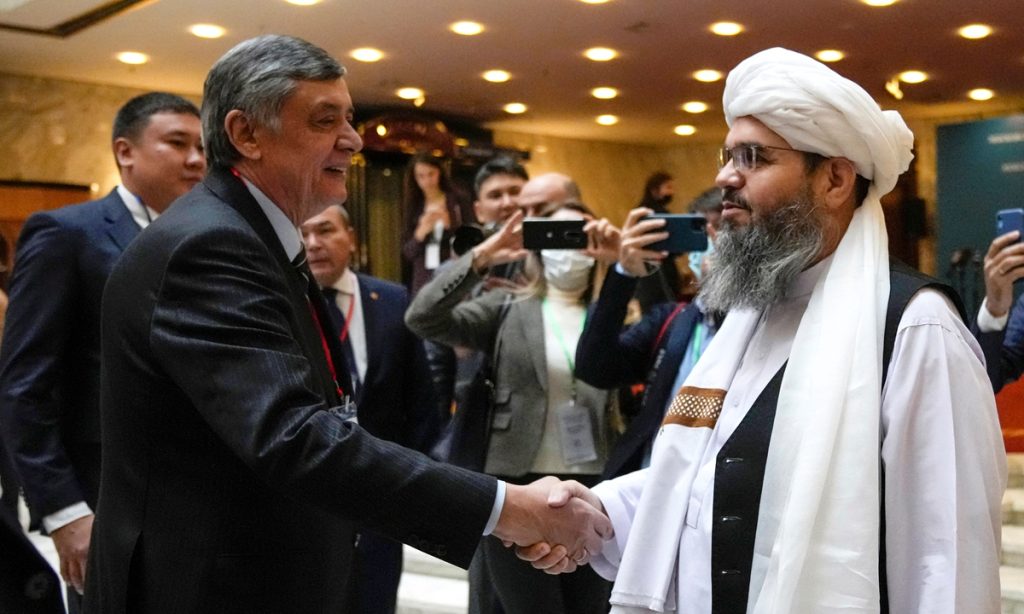
Russia Rejects Any Troop Deployment to Afghanistan
Russia has made it clear that it will not send troops to Afghanistan, reaffirming its position against the presence of any foreign military infrastructure in the region. During the seventh Moscow Format meeting on Afghanistan, held in the Russian capital, Zamir Kabulov, Russia’s Special Representative to Afghanistan, told reporters that the idea of deploying Russian forces was “absolutely out of the question.”
Kabulov’s statement came after Russian Foreign Minister Sergey Lavrov reiterated Moscow’s long-standing stance that Afghanistan and its neighboring countries should remain free of third-party military bases or external interference.
Moscow’s Focus: Diplomacy Over Military Presence
The latest round of consultations in Moscow gathered representatives from several regional states to discuss the evolving situation in Afghanistan since the Taliban’s return to power in 2021. According to Kabulov, all participating countries demonstrated a shared commitment to developing diplomatic and economic ties with the interim Taliban administration “in all areas of mutual interest.”
Russia’s current strategy in Afghanistan emphasizes dialogue, regional coordination, and non-intervention, aiming to ensure stability without repeating the costly lessons of the past.
Kabulov added that Moscow welcomes ongoing talks between the United States and the Taliban over the potential reopening of embassies in both capitals, calling it “a constructive step toward normalizing relations.”
Taliban Firm on Rejecting Foreign Military Bases
At the same meeting, Afghan interim Foreign Minister Amir Khan Muttaqi told Lavrov that Kabul will not allow the deployment of any foreign military bases on Afghan soil. His remarks directly referenced the former Bagram Air Base, once the centerpiece of US military operations during the two-decade-long conflict.
Muttaqi’s statement reinforces the Taliban’s insistence on full sovereignty and independence from any outside military influence. “Afghanistan will not be used by any foreign powers,” he reportedly said during his bilateral discussion with Lavrov.
The Taliban’s position aligns with Moscow’s stance that regional security should be ensured by countries within the region, not through Western or NATO-led interventions.
A New Phase in Russia–Taliban Relations
The meeting marks a significant continuation of Moscow’s diplomatic engagement with the Taliban government. Since reopening limited contacts in recent years, Russia has gradually expanded its economic and political channels with Kabul, focusing on trade, humanitarian aid, and counter-narcotics cooperation.
However, despite increased dialogue, Moscow has yet to officially recognize the Taliban government — a position shared by most countries in the region. Analysts believe that Russia seeks to balance engagement with caution, wary of potential instability that could spill into Central Asia.
Regional Diplomacy Gains Momentum
The Moscow Format consultations, which include countries such as China, Iran, Pakistan, and India, serve as a platform for coordinating regional policies toward Afghanistan. Participants emphasized the importance of preventing the country from becoming a hub for terrorism, extremism, and drug trafficking while encouraging inclusive governance and respect for human rights.
Russia’s call for stability without military presence signals a broader geopolitical recalibration—one where dialogue, not deployment, defines the next chapter of Afghanistan’s engagement with its neighbors.
As tensions between major powers remain high elsewhere, Moscow’s decision to distance itself from any troop deployment underscores a strategic pragmatism—a recognition that Afghanistan’s future must be shaped by regional cooperation rather than foreign control.

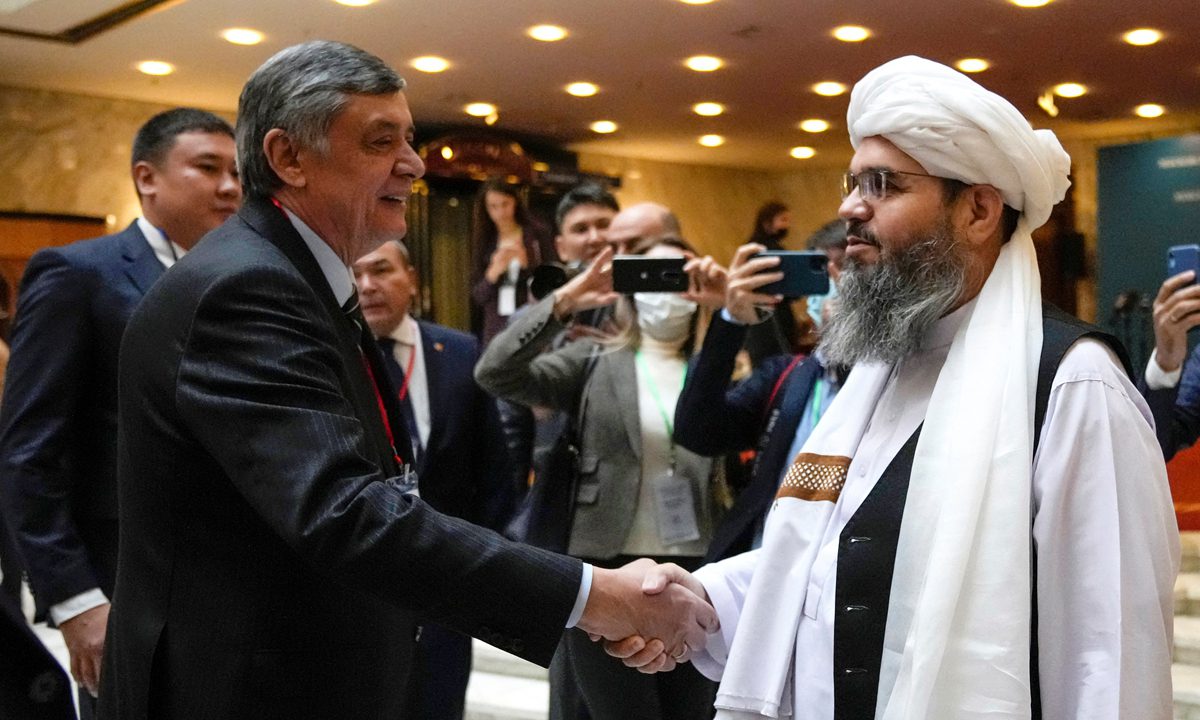
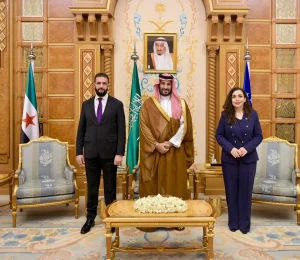
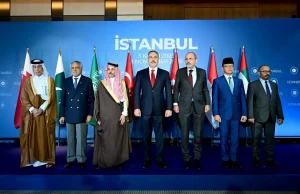
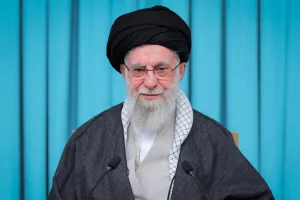
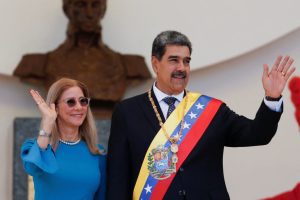
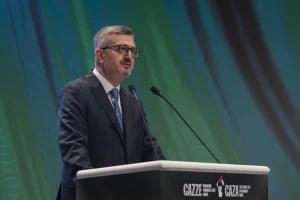
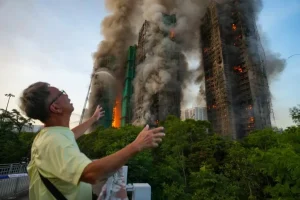
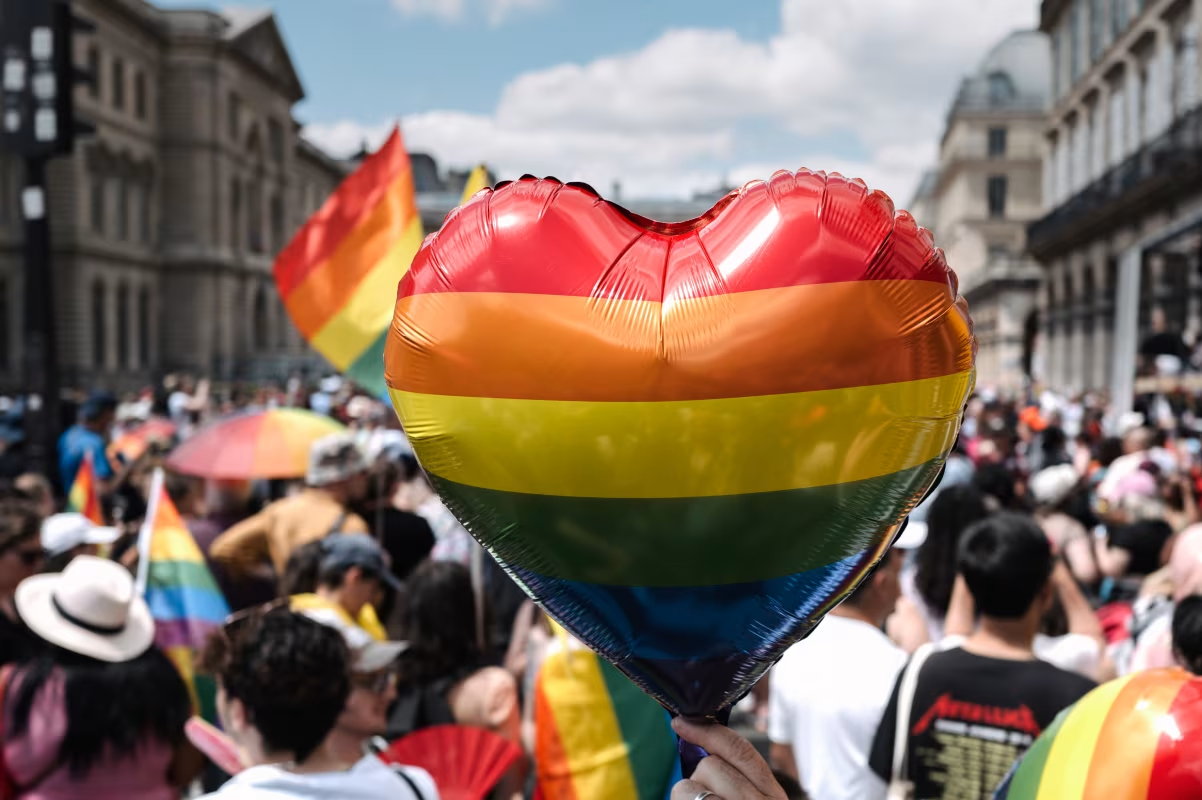

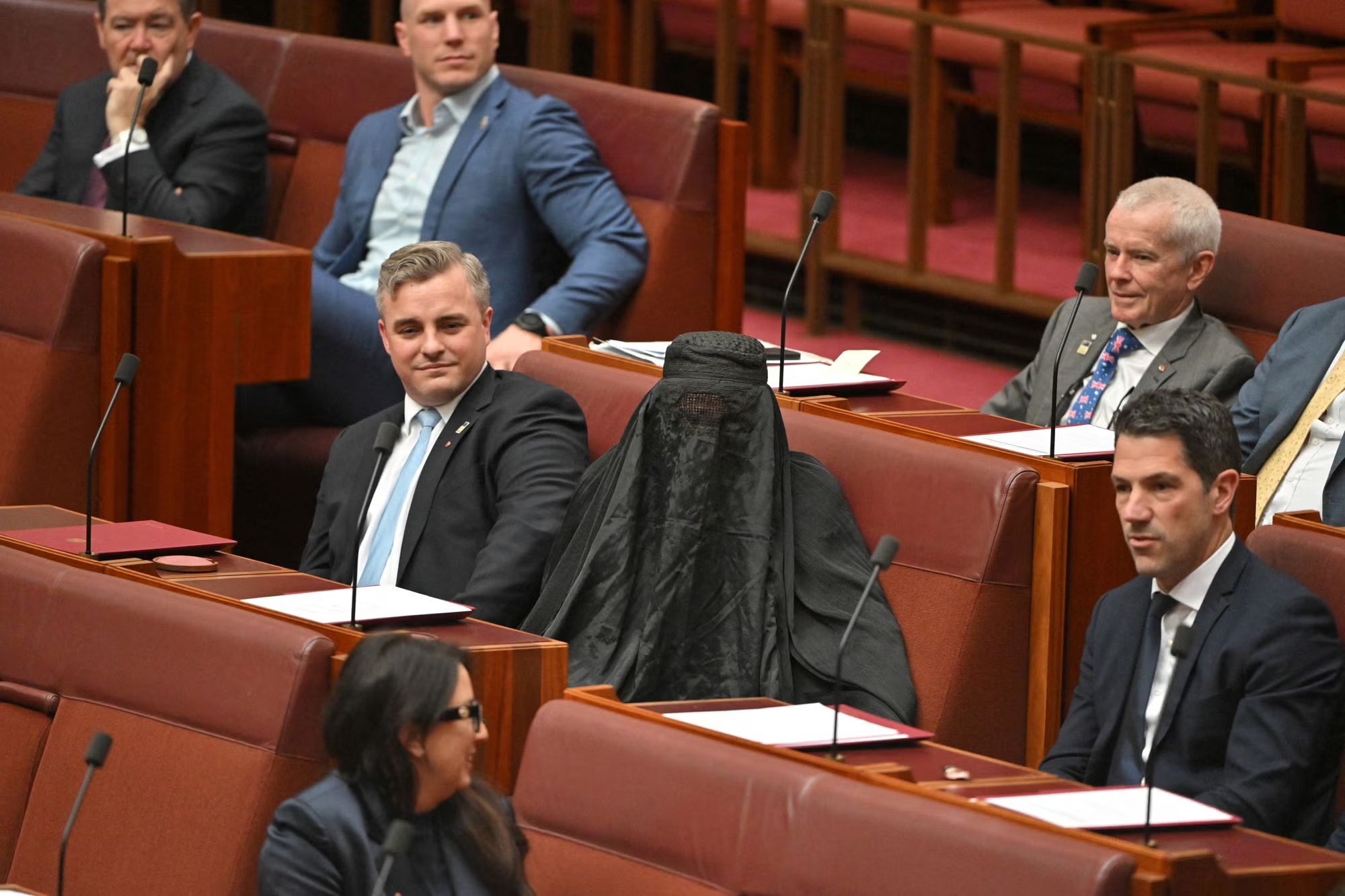


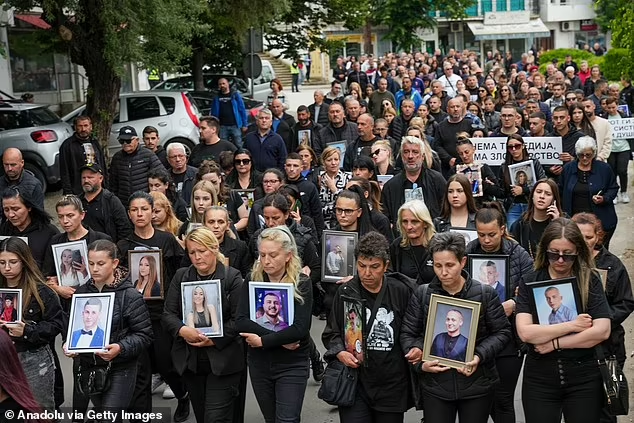
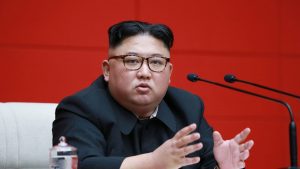
Comments are closed.